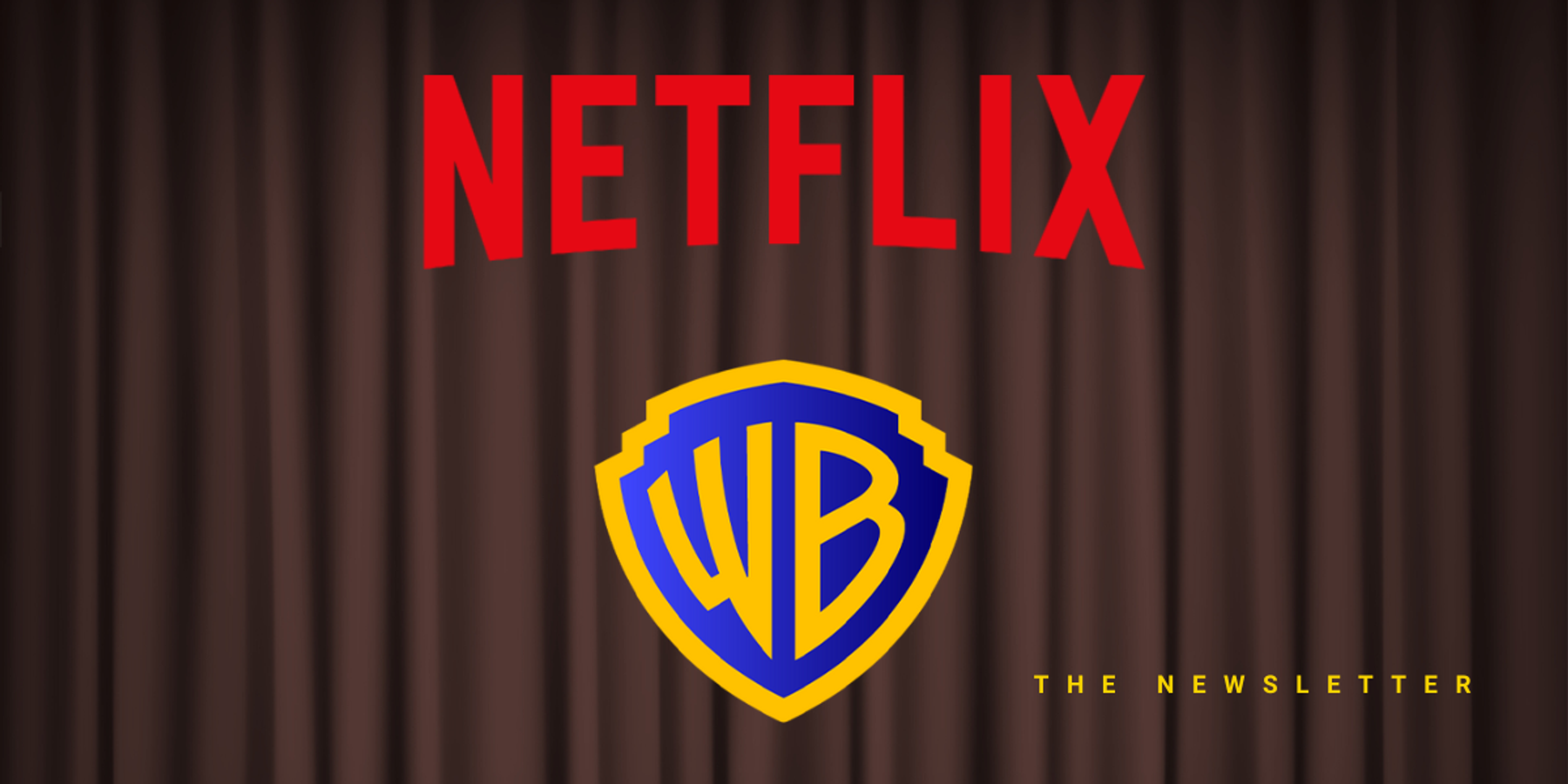

Get in the KNOW
on LA Startups & Tech
X
Illustration by Ian Hurley
What Are LA’s Hottest Startups of 2022? See Who VCs Picked in dot.LA’s Annual Survey
Harri Weber
Harri is dot.LA's senior finance reporter. She previously worked for Gizmodo, Fast Company, VentureBeat and Flipboard. Find her on Twitter and send tips on L.A. startups and venture capital to harrison@dot.la.
In Los Angeles—like the startup environment at large—venture funding and valuations skyrocketed in 2021, even as the coronavirus pandemic continued to surge and supply chain issues rattled the economy. The result was a startup ecosystem that continued to build on its momentum, with no shortage of companies raising private capital at billion-dollar-plus unicorn valuations.
In order to gauge the local startup scene and who’s leading the proverbial pack, we asked more than 30 leading L.A.-based investors for their take on the hottest firms in the region. They responded with more than two dozen venture-backed companies; three startups, in particular, rose above the rest as repeat nominees, while we've organized the rest by their amount of capital raised as of January, according to data from PitchBook. (We also asked VCs not to pick any of their own portfolio companies, and vetted the list to ensure they stuck to that rule.)
Without further ado, here are the 26 L.A. startups that VCs have their eyes on in 2022.

1. Whatnot ($225.4 million raised)
Whatnot was the name most often on the minds of L.A. venture investors—understandably, given its prolific fundraising year. Whatnot raised some $220 million across three separate funding rounds in 2021, on the way to a $1.5 billion valuation.
The Marina del Rey-based livestream shopping platform was founded by former GOAT product manager Logan Head and ex-Googler Grant LaFontaine. The startup made its name by providing a live auction platform for buying and selling collectables like rare Pokémon cards, and has since expanded into sports memorabilia, sneakers and apparel.
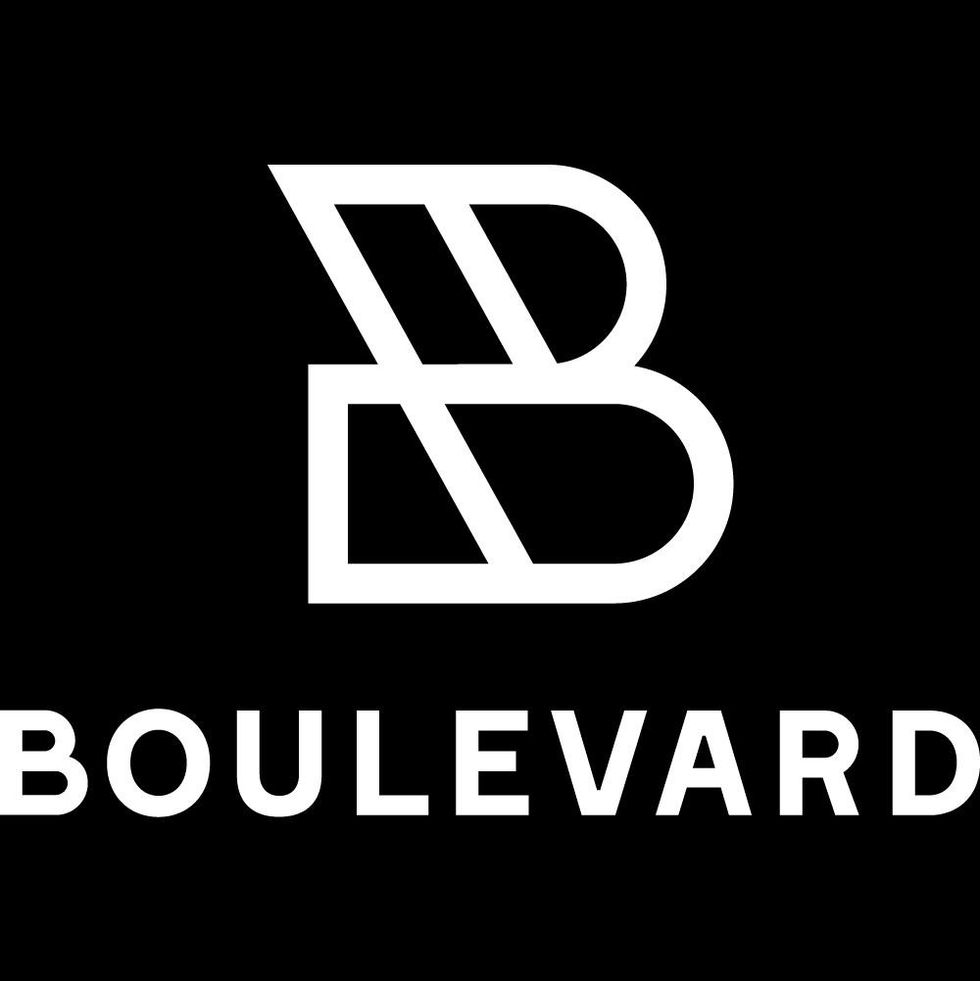
2. Boulevard ($40.3 million raised)
Boulevard’s backers include Santa Monica-based early-stage VC firm Bonfire Ventures, which focuses on B2B software startups. The Downtown-based company fits nicely within that thesis; Boulevard builds booking and payment software for salons and spas. The firm has worked with prominent brands such as Toni & Guy and HeyDay.

3. GOAT ($492.7 million)
GOAT launched in 2015 as a marketplace to help sneakerheads authenticate used Air Jordans and other collectible shoes. It has since grown at a prolific rate, expanding into apparel and accessories and exceeding $2 billion in merchandise sales in 2020. The startup sealed a $195 million funding round last summer that more than doubled its valuation, to $3.7 billion.
The Best of the Rest
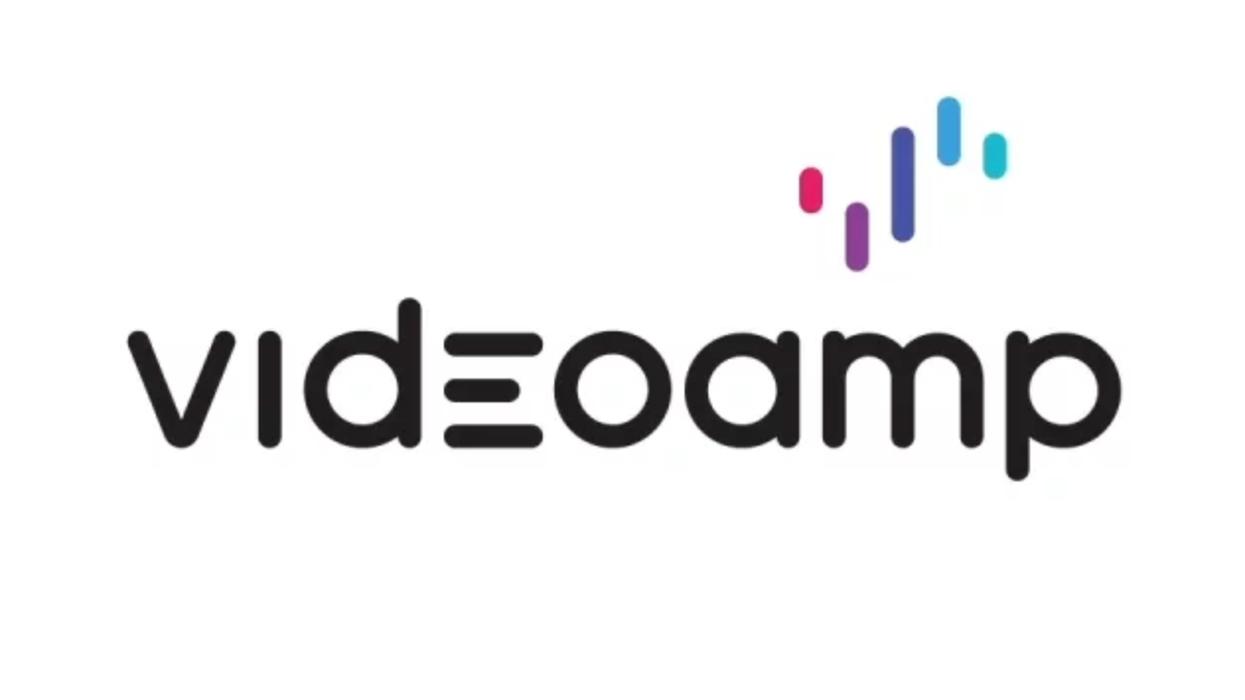
VideoAmp ($578.6 raised)
Nielsen competitor VideoAmp gathers data on who's watching what across streaming services, traditional TV and social apps like YouTube. The company positions itself as an alternative to so-called "legacy" systems like Nielsen, which it says are "fragmented, riddled with complexity and inaccurate." In addition to venture funding, its total funding figure includes more than $165 million in debt financing.

Mythical Games ($269.4 million raised)
Seizing on the NFT craze, Mythical Games is building a platform that powers the growing realm of “play-to-earn games.” Backed by NBA legend Michael Jordan and Andreessen Horowitz, the Sherman Oaks-based startup’s partners include game publishers Abstraction, Creative Mobile and CCG Lab.

FloQast ($202 million raised)
FloQast founder Michael Whitmire says he got a “no” from more than 100 investors in the process of raising a seed round. Today, the accounting software company is considered a unicorn.

Nacelle ($70.8 million raised)
Nacelle produces docuseries, books, comedy albums and podcasts. The media company’s efforts include the Netflix travel series “Down To Earth with Zac Efron.”
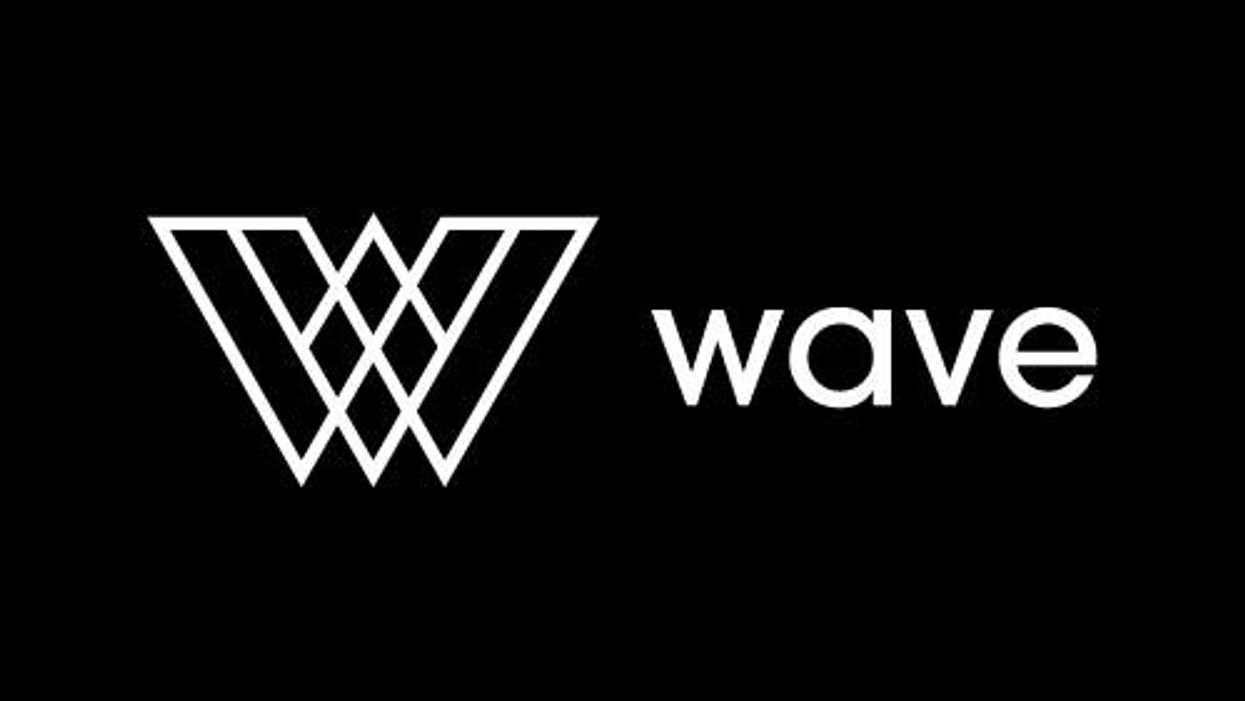
Wave ($66 million raised)
A platform for virtual concerts, Wave has hosted performances by artists including Justin Bieber, Tinashe and The Weeknd. The company says it has raised $66 million to date from the likes of Warner Music and Tencent.
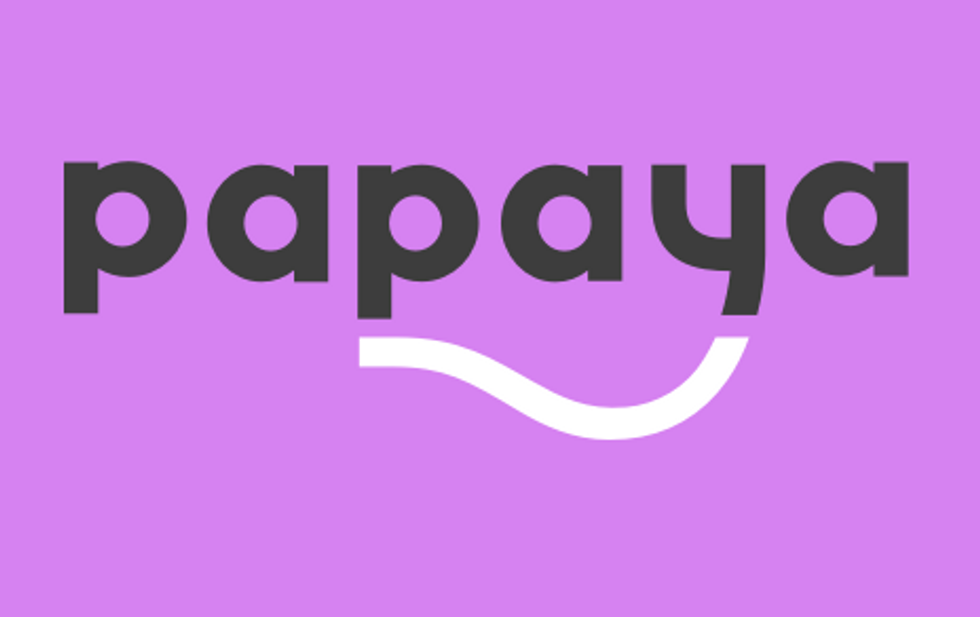
Papaya ($65.2 million raised)
Sherman Oaks-based Papaya looks to make it easier to pay “any” bill—from hospital bills to parking tickets—via its mobile app.
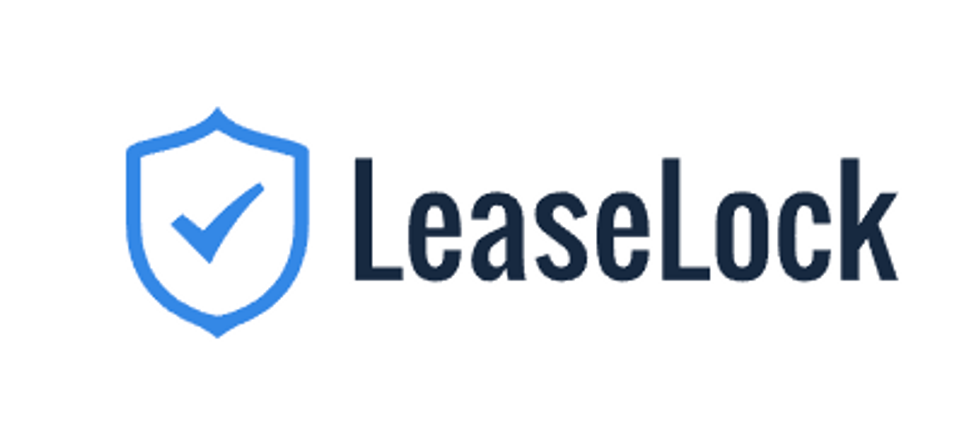
LeaseLock ($63.2 million raised)
Based in Marina del Rey, LeaseLock says it’s on a mission to eliminate security deposits for apartment renters.
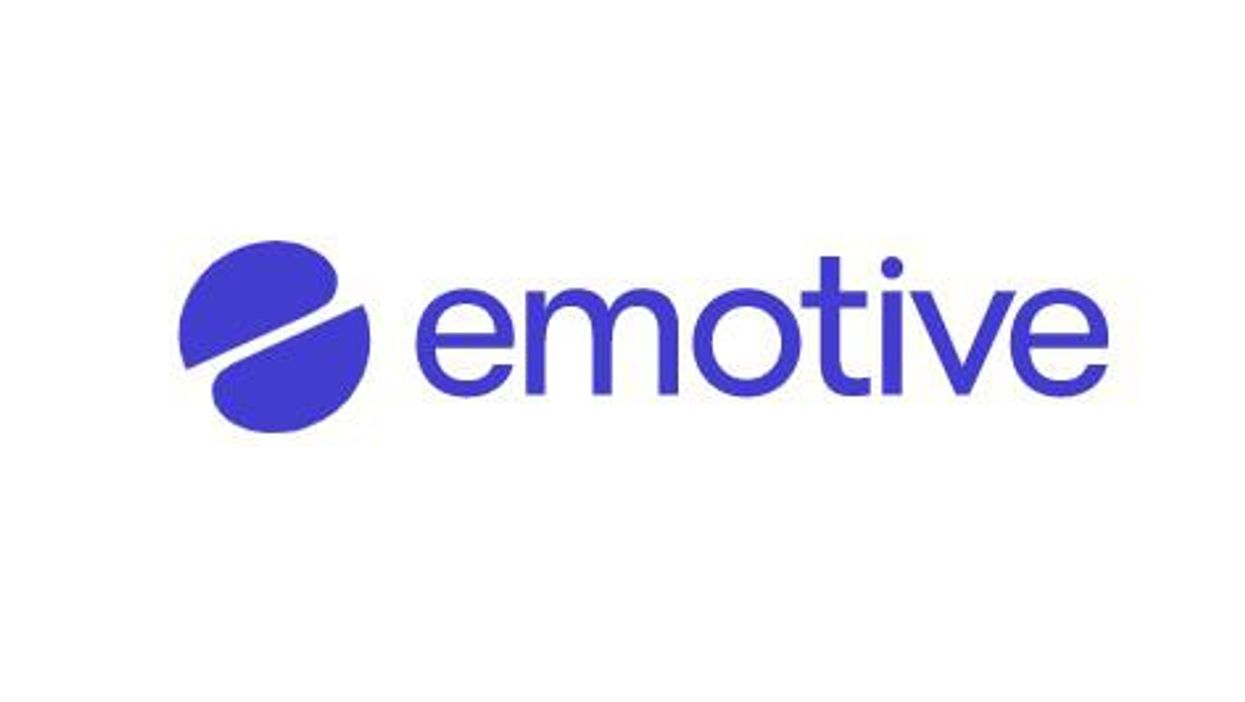
Emotive ($58.1 million raised)
Emotive sells text message-focused marketing tools to ecommerce firms like underwear brand Parade and men's grooming company Beardbrand.
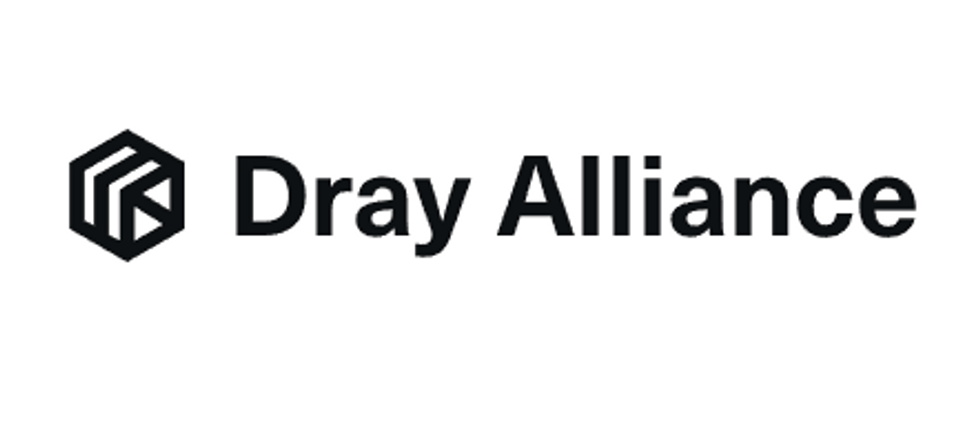
Dray Alliance ($55 million raised)
Based in Long Beach, Dray says its mission is to “modernize the logistics and trucking industry.” Its partners include Danish shipping company Maersk and toy maker Mattel.

Coco ($43 million raised)
Coco makes small pink robots on wheels (you may have seen them around town) that deliver food via a remote pilot. Its investors include Y Combinator and Silicon Valley Bank.

HiveWatch ($25 million raised)
HiveWatch develops physical security software. Its investors include former Twitter executive Dick Costollo and NBA star Steph Curry’s Penny Jar Capital.

Popshop ($24.5 million raised)
Whatnot competitor Popshop is betting that live-shopping is the future of ecommerce. The West Hollywood-based firm focuses on collectables such as trading cards and anime merchandise.
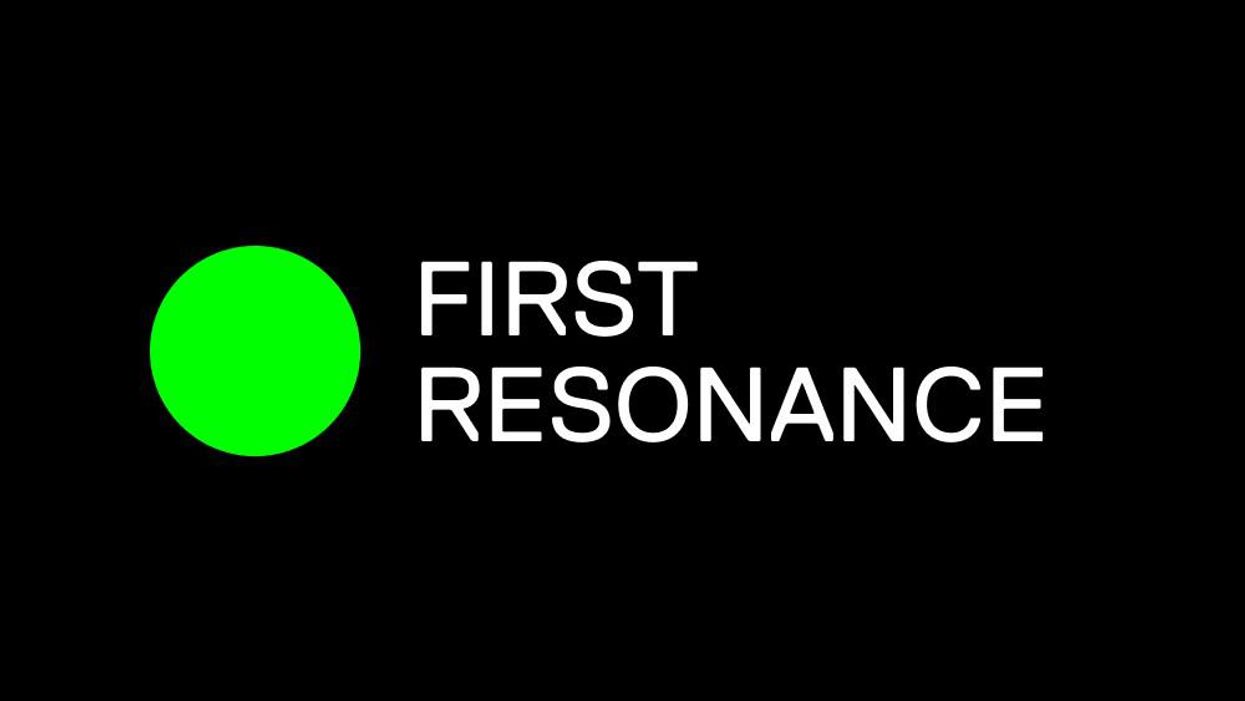
First Resonance ($19.4 million raised)
Founded by former SpaceX engineer Karan Talati, First Resonance runs a software platform for makers of electric cars and aerospace technology. Its clients include Santa Cruz-based air taxi company Joby Aviation and Alameda-based rocket company Astra.
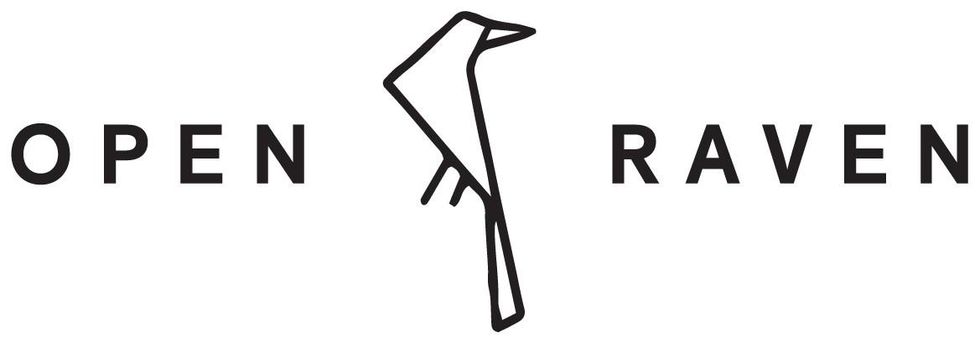
Open Raven ($19 million raised)
Founded by Crowdstrike and Microsoft alums, Open Raven aims to protect user data. The cybersecurity firm’s investors include Kleiner Perkins and Upfront Ventures.

Fourthwall ($17 million raised)
When an actor faces the camera and speaks directly to the audience, it’s known as “breaking the fourth wall.” Named after the trope, Venice-based Fourthwall offers a website builder that’s designed for content creators.

The Non Fungible Token Company ($15 million raised)
The Non Fungible Token Company creates NFTs for musicians under the name Unblocked. Its investors include Jay Z’s Marcy Venture Partners and Shawn Mendez.

Safe Health Systems ($15 million raised)
Backed by Mayo Clinic Ventures, Safe Health develops telehealth software and offers tools for enterprises to launch their own health care apps.

Intro ($11.6 million raised)
Intro’s app lets you book video calls with experts—from celebrity stylists, to astrologists, to investors.
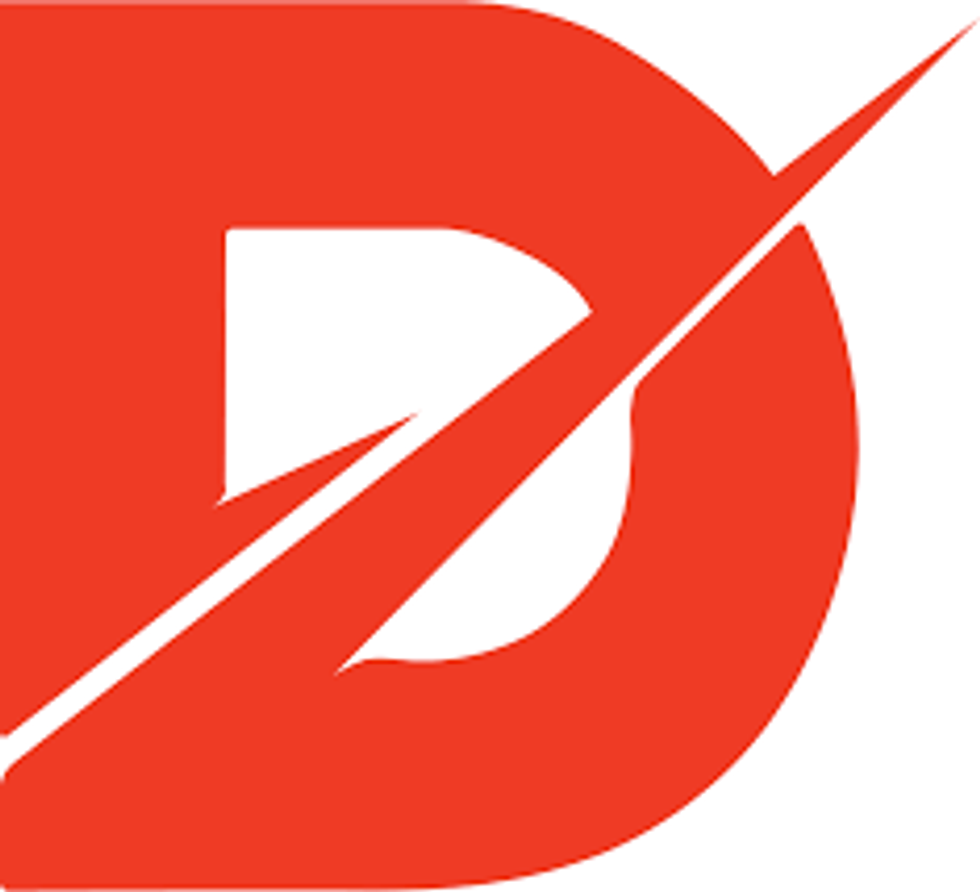
DASH Systems ($8.5 million raised)
With the tagline “Land the package, not the plane,” DASH Systems is a Hawthorne-based shipping company that builds hardware and software for automated airdrops.

Ettitude ($3.5 million raised)
With a focus on sustainability, Ettitude is a direct-to-consumer brand that sells bedding, bathroom textiles and sleepwear.

Afterparty ($3 million raised)
Along similar lines as Unblocked, Afterparty creates NFTs for artists and content creators such as Clay Perry and Tropix.

Heart to Heart ($0.75 million raised)
Heart to Heart is an audio-focused dating app that “lets you listen to the story behind the pictures in a profile.” Precursor Ventures led the pre-seed funding round.

Frigg (undisclosed)
Frigg makes hair and beauty products that contain cannabinoids such as CBD. The Valley Village-based company raised an undisclosed seed round in August.
From Your Site Articles
- The Early-Stage Startups in LA Set to Take Off in 2021 - dot.LA ›
- Los Angeles Startups Closed a Record Number of Deals in Q3 - dot.LA ›
- dot.LA's Map of Startups in Los Angeles - dot.LA ›
- The Hottest LA Startups of 2020 - dot.LA ›
- Los Angeles Cleantech Incubator Launches Green Loan Fund - dot.LA ›
- dot.LA's Guide on L.A. Flight Startups Overair, Archer Aviation - dot.LA ›
- Here Are LA’s Hottest Startups for 2023 - dot.LA ›
- Nobody Studios Plans to Build 100 Startups in Five Years - dot.LA ›
- From GameTree to Sota — Ukrainian Founders Call LA Home - dot.LA ›
Related Articles Around the Web
Harri Weber
Harri is dot.LA's senior finance reporter. She previously worked for Gizmodo, Fast Company, VentureBeat and Flipboard. Find her on Twitter and send tips on L.A. startups and venture capital to harrison@dot.la.
The Streaming Era Just Ate the Studio Era
10:45 AM | December 06, 2025
🔦 Spotlight
Hello Los Angeles!
In a week where everyone was already arguing about what “the future of entertainment” is supposed to look like, Netflix decided to skip the debate and buy a giant piece of the past and, possibly, the future. Netflix announced a definitive agreement to acquire Warner Bros. Discovery’s Studios and Streaming business, including Warner Bros. film and television studios plus HBO and HBO Max. This is not just another media merger. It is a power transfer, from the studio era where the gatekeepers were greenlight committees to the platform era where the gatekeepers are subscriber relationships, home screens, and retention math.
Here are the bones of the deal. WBD shareholders would receive $27.75 per share, made up of $23.25 in cash and $4.50 in Netflix stock, with the stock portion subject to a symmetrical collar. Netflix puts the transaction at roughly $72 billion in equity value and $82.7 billion in enterprise value, and expects it to close in 12 to 18 months, but only after WBD completes its planned separation of its Global Networks business into Discovery Global, now expected in Q3 2026.
Now zoom in on why this matters in Los Angeles specifically.
LA’s creative engine is about to be run by a single, very efficient distribution machine
Warner Bros. is not just a studio. It is an institutional muscle memory for how to develop, package, and produce at scale, plus a library and franchises that can carry a business through multiple economic cycles. Netflix is not just a distributor. It is the largest direct to consumer entertainment subscription platform on earth, built around global reach, product iteration, and data feedback loops. Put them together and you get a company that can create, market, distribute, and monetize premium entertainment without needing anyone else’s permission.
That will sound exciting to some creators and terrifying to others, often for the same reason. When the same entity owns the audience relationship and the content factory, it can take bigger swings because it has more margin for error. It can also take fewer swings because it does not need to. The incentive shifts from “What is culturally important?” to “What makes people stay?” Those are sometimes the same question. Sometimes they are not.
This deal won’t be decided in a writers’ room. It’ll be decided by regulators.
This is exactly the type of consolidation regulators have been itching to interrogate. A combined Netflix plus HBO Max instantly raises questions about market power, competition, and pricing, plus downstream effects on theaters, independent studios, and negotiating leverage with talent. Even if Netflix vows to maintain current operations and keep the consumer experience strong, the political story is straightforward: fewer giant buyers typically means less bargaining power for everyone who sells into the system.
Also worth noting, Reuters reports a termination fee of $5.8 billion under certain circumstances, which tells you both sides are bracing for a drawn out, high scrutiny process.
The quiet subtext: the bundle is coming back, just wearing a streaming hoodie
Netflix will almost certainly pitch this as more choice and better value. Regulators will hear less competition. Consumers will hear how much is this going to cost me. The most plausible end state is not a single mega app on day one. It is a reimagined bundle: separate brands, packaged pricing, shared sign on, cross promotion, and eventually tighter integration if the politics and churn math allow it.
The real disruption is not whether HBO Max keeps its name. It is whether Netflix becomes the default front door to premium scripted entertainment globally.
🤝 Venture Deals
LA Companies
- Castelion, a Torrance based defense technology startup, raised a $350M Series B round led by Altimeter Capital and Lightspeed Venture Partners, with participation from investors including Andreessen Horowitz, General Catalyst, Lavrock Ventures, Space VC, Avenir and Interlagos Capital. The money will be used to scale production of its Blackbeard hypersonic weapon, stand up its Project Ranger manufacturing campus in New Mexico, and support multiservice testing and integration with U.S. Army and Navy platforms starting in 2026. - learn more
- Antares announced a $96M Series B to accelerate an iterative “build, test, iterate” approach to developing nuclear reactors quickly, with the funding going toward hardware and subsystem testing, fuel fabrication, manufacturing, and the infrastructure to turn on a reactor. The company says it plans a low-power “Mark-0” reactor demonstration in 2026 at Idaho National Laboratory, with a pathway to a full-power electricity-producing reactor as early as 2027 and a commercial prototype microreactor (“Mark-1”) after the Mark-0 milestone. - learn more
LA Venture Funds
- With FirstLook Partners participating, Flex raised a $60M Series B led by Portage, bringing its total equity raised to $105M to build an AI native finance platform for middle market business owners. The company says it will use the new funding to accelerate product expansion and scale its AI agent infrastructure across areas like private credit, business finance, personal finance, payments, and ERP. - learn more
- Led by MTech Capital, Curvestone AI raised a $4M seed round with participation from Boost Capital Partners, D2 Fund, and Portfolio Ventures to scale its AI automation platform for regulated industries like financial services, legal, and insurance. The company says it’s tackling the “compound error” problem that makes multi step AI workflows unreliable, and will use the funding to accelerate product development and go to market expansion. - learn more
- Co-led by CIV, Unlimited Industries raised a $12M seed round (alongside Andreessen Horowitz) to scale its “AI-native construction” approach to designing and building major infrastructure projects. The company says its platform can generate and evaluate massive numbers of design configurations to optimize for cost, safety, and performance, cutting pre-construction engineering timelines from months to weeks, and it is initially focusing on projects that rapidly expand U.S. power capacity for things like data centers, critical minerals, and advanced manufacturing. - learn more
- With Hyperion Capital participating (alongside Amplify Venture Partners, Spark Capital, Tamarack Global and others), Antithesis raised a $105M Series A led by Jane Street, which is both an investor and an existing customer. The company says it will use the capital to accelerate its deterministic simulation testing platform and scale go to market efforts across North America, Europe, and Asia, positioning the product as “critical infrastructure” for teams running complex distributed systems. - learn more
- With XO Ventures participating, Orq.ai raised an oversubscribed €5M seed round led by seed + speed Ventures and Galion.exe to help enterprises build, deploy, and manage production grade AI agents with stronger control over data, behavior, and compliance. The company says the funding will accelerate expansion of its platform, including its newly launched Agent Studio and managed runtime, as it pushes to close the “AI production gap” for companies moving beyond demos into real deployment. - learn more
- Untapped Ventures participated in Lemurian Labs’ oversubscribed $28M Series A, co-led by Pebblebed Ventures and Hexagon, as the company builds a software-first platform designed to run AI workloads efficiently across any hardware and across edge, cloud, and on-prem environments. Lemurian says the funding will help it expand engineering, accelerate product development, and deepen ecosystem collaborations aimed at reducing vendor lock in and infrastructure costs. - learn more
- Fifth Wall and Park Rangers Capital participated in Ridley’s $6.4M seed round, which Fifth Wall led, backing the company’s push to rebuild the real estate process around consumers with fewer commission-heavy frictions. Ridley says the capital will help launch an AI-powered buy-side experience that surfaces private, for-sale, and “soon-to-be-listed” homes using predictive analytics, while also expanding its commission-free seller tools and “Preferred Agents” network for on-demand support. - learn more
- Anthos Capital participated in Kalshi’s $1B Series E at an $11B valuation, a round led by Paradigm with other backers including Sequoia, Andreessen Horowitz, Meritech, IVP, ARK Invest, CapitalG, and Y Combinator. Kalshi says its trading volume now exceeds $1B per week across 3,500+ markets, and it will use the new capital to accelerate consumer adoption, integrate more brokerages, strike news partnerships, and expand product offerings. - learn more
Read moreShow less
This Airline Aims to Fly People Around in a Hydrogen-Propelled Plane as Soon as 2025
05:45 AM | December 10, 2021
Photo by Deniz Altindas on Unsplash
Connect Airlines hopes to start flying passengers around in a hydrogen-powered plane as soon as 2025, thanks to a deal announced this week with Hawthorne-based Universal Hydrogen.
The Boston-based airline has yet to launch, but it intends to kick off regular service between Toronto, the Northeast and the Midwest starting this spring — for now using jet fuel. Connect Airlines is one of several to sign a letter of intent to buy hydrogen conversion kits in the coming years from Universal Hydrogen, joining Icelandair, Air Nostrum (in Spain), and Ravn Alaska.
Universal Hydrogen plans to begin installations of its hydrogen-electric powertrain kits in the next three to four years, pending regulatory approval. The startup is designing its kits for planes that would otherwise guzzle down jet fuel.
Connect Airlines aims to launch hydrogen-propelled flights within the year, the company told dot.LA. So far, Universal Hydrogen’s other partners have offered few specifics on their launch plans.
As the aviation industry looks for ways to slash its carbon footprint, hydrogen has emerged as a top contender to supplant jet fuel. Hydrogen is clean-burning and vastly lighter than batteries, potentially making it ideal for air travel. Hydrogen has downsides, too. It’s more expensive than jet fuel today, and clean hydrogen produced via renewable energy is relatively scarce.
All told, it could be decades before hydrogen-powered planes go mainstream.
Airbus aims to deliver a hydrogen plane by 2035, while Boeing is looking out as far as 2050 for larger aircraft. The Aerospace Technology Institute, a U.K. research group, recently said it expects to see hydrogen planes in the mid-2030s.
Universal Hydrogen is an early mover, but it isn’t the only one.
U.K. and Hollister, Calif.-based ZeroAvia is also working with airlines to launch hydrogen-powered passenger flights, starting with London and Rotterdam as soon as 2024.
In addition to making the kits, Universal Hydrogen says it will also supply airlines with green hydrogen fuel. It raised $62 million in October to move ahead with its plans, which include test flights beginning next year.
Connect Airlines’ owner and a number of others participated in the funding round, including Mitsubishi HC Capital, Tencent, Marc Benioff's TIME Ventures and Spencer Rascoff's 75 and Sunny Ventures. (Full disclosure: Rascoff is the founder and executive chairman of dot.LA.)
Read moreShow less
Harri Weber
Harri is dot.LA's senior finance reporter. She previously worked for Gizmodo, Fast Company, VentureBeat and Flipboard. Find her on Twitter and send tips on L.A. startups and venture capital to harrison@dot.la.
RELATEDTRENDING
LA TECH JOBS

